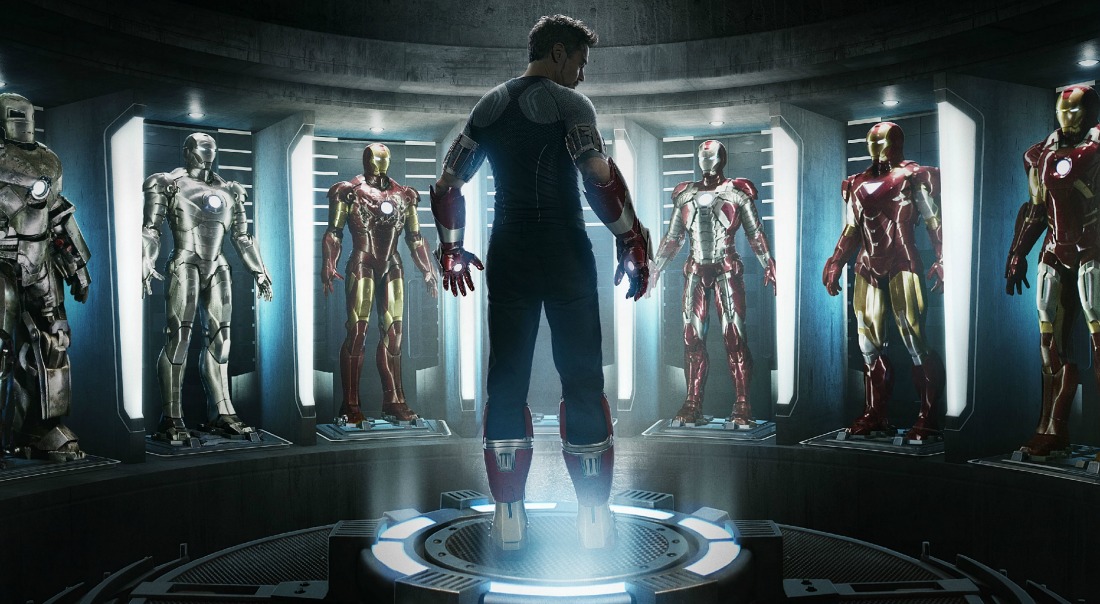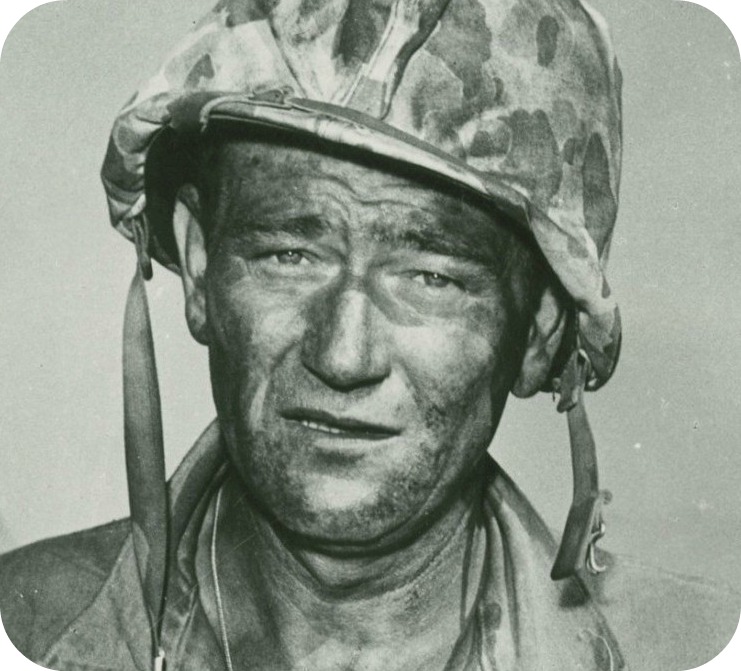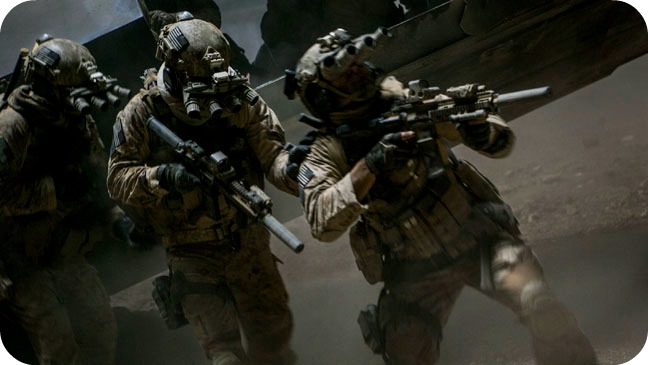I challenge you to find a chest-pounding, upbeat, pro-American movie about conflict released in the last five years. Cross out “pro-American” and I’ll bet you still can’t do it.
This thought occurred to me as I finally got around to watching Iron Man 3. Brash? Sure. Action-packed? Duh. But classic good-guys, bad-guys name-of-justice beat ’em up? Not exactly.
The “bad guy” is a shadowy, ubiquitous terrorist who turns out to be made-up. Our main character suffers from PTSD. The American government, completely in thrall of the military-industrial complex, is inept, indecisive, and vaguely sinister. The one “good guy” who fights under the Stars and Stripes spends the whole movie barging in on innocent Pakistanis. The real bad guys (a defense contractor) are staffed by amputee veterans of “some war in the Middle East.” Could the message be any Starker – or more cynical?
This trend extends well beyond the Iron Man films. Political conflict very often remains the setting and catalyst for modern action movies, but no longer is it the focus. Instead, the war is presented as backdrop, with the narrative never really showing it much thought beyond that. All the real attention is on individual characters and how they evolve in the face of life-or-death struggle. The conflict could be…about anything, really. It doesn’t much matter anymore.
It’s the difference between Saving Private Ryan and Jarhead. The difference between John Wayne in The Longest Day and _________ (pick your action superstar since we currently don’t have one) in…uh…maybe Inglorious Bastards?
War still pops up on screen quite often (permissible PG-13 violence has tripled since 1985), but the point and context of the violence means much less. In fact, the conflict itself is frequently regarded with palpable disinterest. Why else is Independence Day – a 1996 movie about international coalitions and an alien invasion – so much more patriotic than 2011’s Captain America, a movie ostensibly about the most American superhero?
Even movies that might scream American triumphalism have firmly bucked the trend. Zero Dark Thirty, far from being a fist-bumping joyride through the hunt that finally got that bastard Bin Laden, is a remarkably even-handed look at the conduct and consequences of the Global War on Terror. It’s directed by Kathryn Bigelow, sure, but it’s still an incredibly sterile and almost tired look at the processes of a nation that’s been at war as long as some Millennials have been alive.
When the films are the very opposite of sterile, like the recent Lone Survivor, they still aren’t exactly inspiring. That movie tells the story of Operation Red Wings, an ill-conceived mission that killed 20 American SEALs and Night Stalkers. You can watch it for the action – or portrayal of incredibly brave, selfless warriors – but you’ll struggle very hard indeed to put it in any greater context. What do these sacrifices mean in the context of good and evil, right and wrong, freedom and tyranny? Nobody has figured that out yet – Hollywood least of all.
There are, of course, a few explanations beyond cynical, war-weary zeitgeist of the early-aughts. An important (perhaps the most important) consideration is international movie markets: 70% of Hollywood studio profits now come from overseas. Young American audiences are going to the theater less and less; revenue from China is expected to surpass the domestic market’s as early as 2020. Chinese audiences might enjoy a good fight scene, but they – and their censors – are much less likely to be tolerant of a film that proudly espouses the American Way.
It should also be said that movies that avoid identifying “good guys” and “bad guys” in conflict can still be great films. Iron Man 3, for instance, is remarkably introspective and thoughtful for a big-budget blockbuster. If it had been less dark, challenging, and morally ambiguous, it probably would have been much the worse for it.
The bottom line, though, is that our movies have transformed considerably in the last five or ten years, and it’s Iraq II and Afghanistan behind it. Vague, endless, numbing conflict is now such familiar background noise in our daily lives that it’s also slipped into our entertainment. War is no longer a novel or interesting film setting. How can it be, when it’s our every day?






Leave A Comment